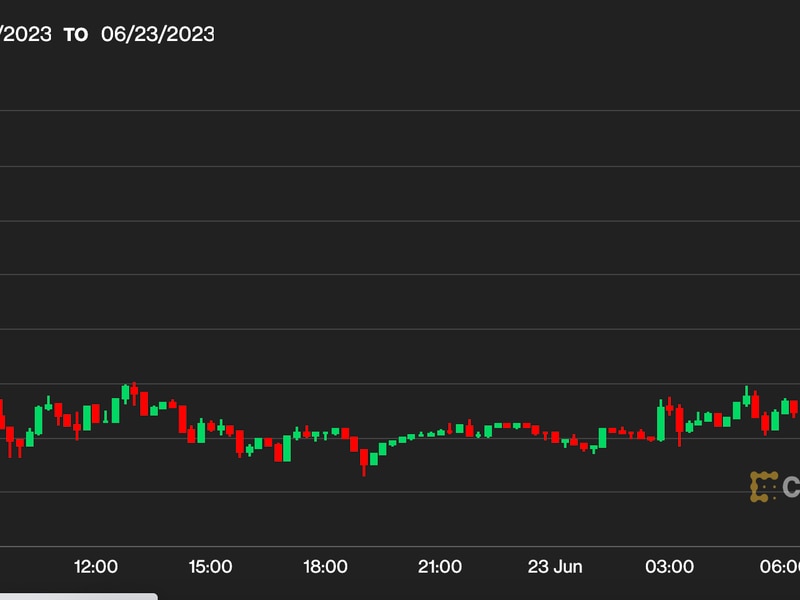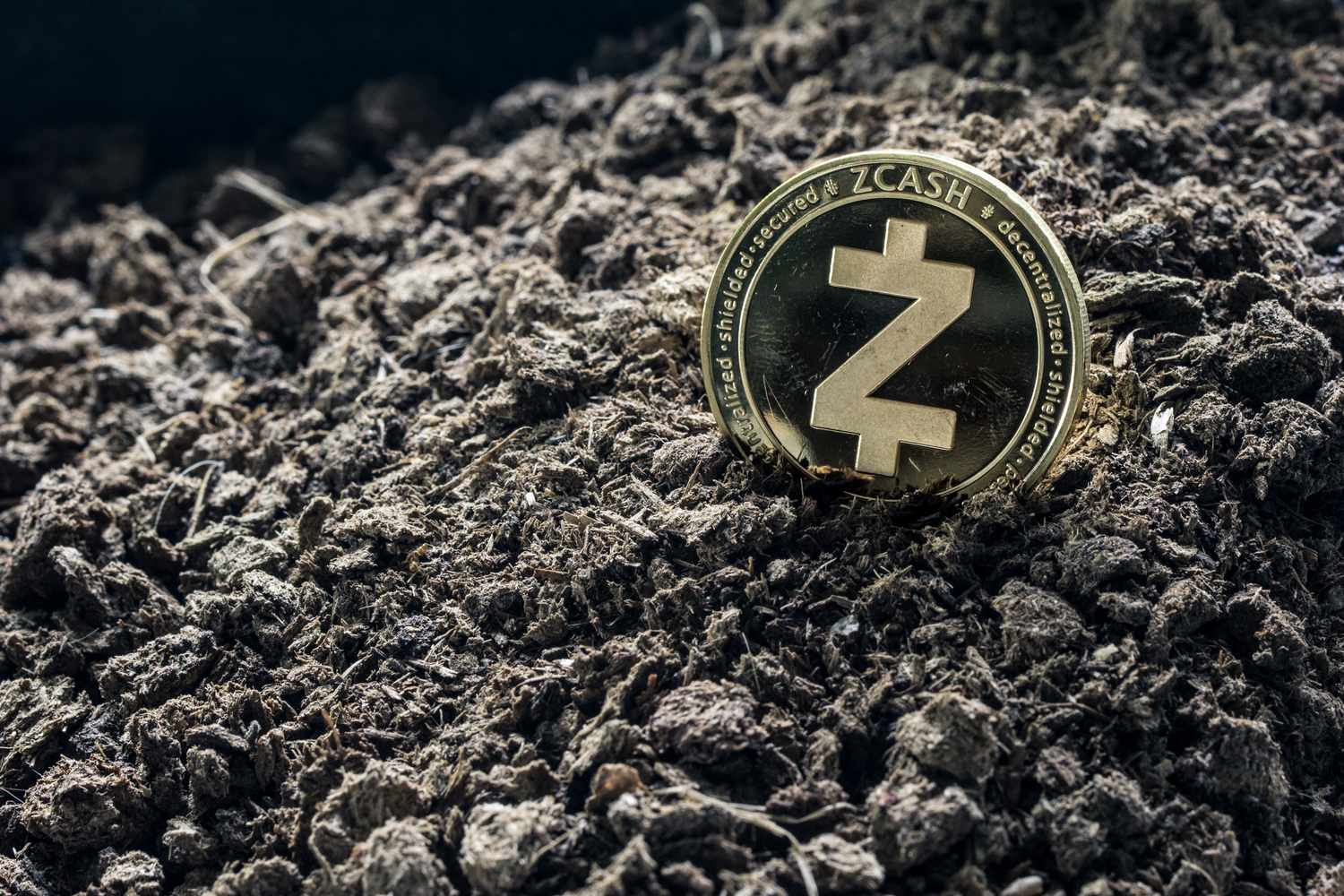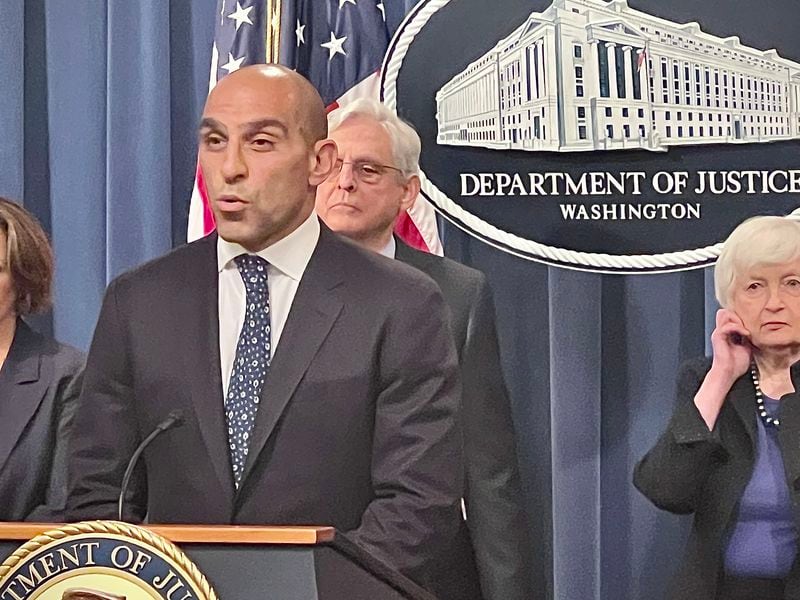This time of year brims with intergenerational dialogue and forward-looking optimism. As a mother-son duo immersed in cryptocurrency, we recently explored the opportunities and challenges that crypto will encounter in 2024.
While our opinions diverged on topics like decentralized finance, or DeFi, and the U.S. impact on global crypto adoption, we concurred that the coming year, though challenging, could be transformative for the trust and growth of digital assets.
A primary hurdle for crypto in the past year has been its tarnished reputation, which we attribute to three main factors: institutional mistrust in digital assets, an unclear valuation process fueling skepticism and an overemphasis on speculative investment. This skepticism was mirrored by influential leaders like JPMorgan Chase CEO Jamie Dimon and Securities and Exchange Commission Chair Gary Gensler, who continue to raise concerns about crypto’s association with illegal activities and regulatory noncompliance.
You’re reading Crypto Long & Short, our weekly newsletter featuring insights, news and analysis for the professional investor. Sign up here to get it in your inbox every Wednesday.
Strong institutional support has been hampered by these credibility and utility issues. For example, Berkshire Hathaway’s negative stance on crypto contrasts with Warren Buffett’s early career, where he invested in speculative pink sheet ventures for value. This hesitation has allowed a narrative of fraud to dominate discussions about crypto’s legitimacy as a valuable innovation. We believe that addressing these concerns through effective due diligence, risk management and a zero-tolerance approach to fraud will significantly enhance trust and support.
The recent enforcement actions against fraudulent activities in the crypto sector, including the Binance and FTX cases, can be seen as crucial for rebuilding trust. Regulators’ firm stance against fraud is a net positive as it makes way for a more trustworthy environment. This is a sentiment echoed by Congress with the unanimous passage of the Deploying American Blockchains Act of 2023, signaling growing support for digital assets.
Looking to 2024, two possible developments stand out.
First, SEC approval of spot bitcoin ETFs could stimulate more excitement and support for digital assets, clarifying regulatory uncertainties and valuation concerns. The recent excitement about advancements in payment processing, particularly with the introduction of PayPal’s U.S. dollar stablecoin, PYUSD, highlights the need for clarity. This excitement, however, was muddled due to the competition with other stablecoins that have varying commitments to reserve, anti-fraud or custody obligations. A new ETF approval could facilitate the growth of other blockchain projects including trustworthy stablecoins.
Second, the push for modernizing U.S. capital markets’ infrastructure aligns with the demands of digital-native generations for efficiency and transparency. Initiatives like the upcoming T+1 trade settlement deadline and Blackrock CEO Larry Fink’s prediction of a tokenomics-driven market future underscore this trend. We expect in 2024 there will be increased institutional support for use cases that are designed to bring that reform, such as Figure‘s use of the Provenance blockchain.
In sum, our collective outlook for 2024 is that the crypto community has an opportunity to champion a narrative emphasizing zero tolerance for fraud and highlighting clear use cases. This approach could reshape perceptions of crypto, fostering trust and setting the stage for a year marked by significant growth and innovation.
Edited by Benjamin Schiller.









